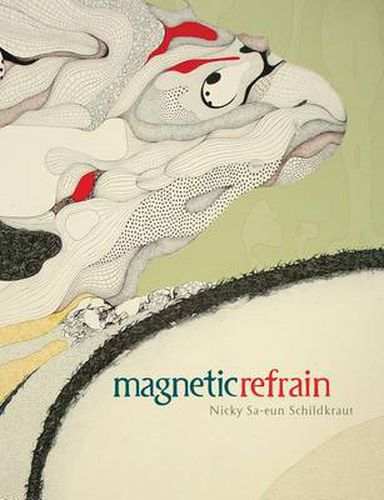Readings Newsletter
Become a Readings Member to make your shopping experience even easier.
Sign in or sign up for free!
You’re not far away from qualifying for FREE standard shipping within Australia
You’ve qualified for FREE standard shipping within Australia
The cart is loading…






Adopted from Korea at the age of two, Nicky Sa-eun Schildkraut grew up in New England, a circumstance that inevitably prompted an early fascination with the diaspora that followed the Korean civil war. She observes that, accordingly, many of my poems repeat and return to the themes of inarticulable loss, separation, and reimagination of the family and kinship. As the title of this debut collection suggests, Schildkraut locates these themes in a formal expression oriented between refrain as song and refrain as restraint– a nuanced method of expressing the equivocal and uncertain that produces a tense flexibility in the look and feel of her poems. Schildkraut’s provocative and intensely lyrical poems seek to both unsettle and complicate presumptions about what binds people together in times of longing and loss. They do not draw solely on personal experience, but also tell the larger tale of the Korean diaspora–particularly the experiences of its women–in stories of war brides, defectors, birth mothers and other adoptees.
$9.00 standard shipping within Australia
FREE standard shipping within Australia for orders over $100.00
Express & International shipping calculated at checkout
Adopted from Korea at the age of two, Nicky Sa-eun Schildkraut grew up in New England, a circumstance that inevitably prompted an early fascination with the diaspora that followed the Korean civil war. She observes that, accordingly, many of my poems repeat and return to the themes of inarticulable loss, separation, and reimagination of the family and kinship. As the title of this debut collection suggests, Schildkraut locates these themes in a formal expression oriented between refrain as song and refrain as restraint– a nuanced method of expressing the equivocal and uncertain that produces a tense flexibility in the look and feel of her poems. Schildkraut’s provocative and intensely lyrical poems seek to both unsettle and complicate presumptions about what binds people together in times of longing and loss. They do not draw solely on personal experience, but also tell the larger tale of the Korean diaspora–particularly the experiences of its women–in stories of war brides, defectors, birth mothers and other adoptees.